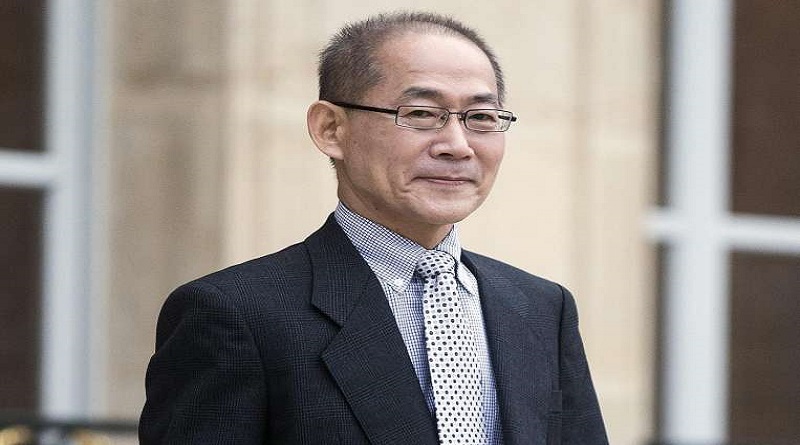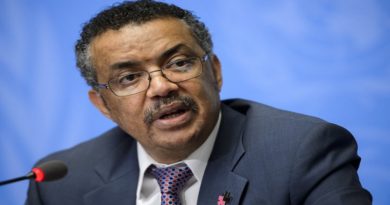IPCC begins discussion on global warming of 1.5°C
Against the backdrop of a record year of climate change impacts such as heatwaves and droughts across the world, the UN’s Intergovernmental Panel on Climate Change (IPCC) on Monday October 1, 2018 began considering the critically important key findings of its Special Report entitled ‘Global Warming of 1.5°C’.
In time for this year’s United Nations Climate Change Conference (COP24), to be held in Katowice, Poland in December, the special report on 1.5C was mandated by world’s governments in 2015 when they adopted the Paris Climate Change Agreement.
The Paris Agreement aims to limit the rise in average global temperatures to well below 2ºC and as close as possible to 1.5ºC above pre-industrial levels. Keeping average global temperature increases as low as possible is key to limiting future potentially severe climate change impacts around the world.
For the ‘Global Warming 1.5C’ report, the IPCC has therefore assessed the most up-to-date scientific findings about the damage that will be caused by a 1.5°C warming. It also compared this to the damage that would be caused by a 2°C warming.
At the week-long meeting in the Republic of Korea government delegates will consider the key findings of the report line-by-line and adopt these as the “Summary for Policy Makers”.
At the opening of the Songdo meeting, Hoesung Lee, chair of the IPCC described the event as “one of the most important meetings in the IPCC’s history”.
“Scientists have been warning us for years that we can expect to see more extreme weather with climate change. The heat waves, wildfires, and heavy rainfall events of recent months all over the world underscore these warnings,” he said.
The current climate change impacts which can already be observed today are the result of an approximately 1ºC global average temperature rise. Extreme weather this year ranges from record heat in northern Europe and historic flooding in Japan, India, southeast Asia and the southeastern United States.
Representing UN Climate Change in Songdo, the Head of UNFCCC’s Adaptation Programme, Youssef Nassef, highlighted the importance of the report for the climate negotiations this year.
“In this era of implementation of the Paris Agreement, there has never been a more urgent need for a science to inform climate action. With the Special Report on Global Warming of 1.5 degrees Celsius, the IPCC has responded to this need. For the UNFCCC process, this is a particularly special “Special Report”, given its seminal importance to the evolution of ambition in the climate change negotiations.”
Current Nationally Determined Contributions, in which countries detail what they will undertake to tackle climate change, are unlikely to be ambitious enough to keep the world within the Paris Agreement’s temperature goals.
As a result, the Summary for Policy Makers will be carefully considered at COP 24. It will be taken up by Ministers during the political phase of the “Talanoa Dialogue”, an international conversation on how best to raise ambition. Global Warming 1.5C will also be presented at a joint event organized by the UNFCCC’s Subsidiary Body for Scientific and Technological Advice (SBSTA) and the IPCC at COP24.
Known as SR15, the full name of the report is: Global Warming of 1.5 ºC, an IPCC special report on the impacts of global warming of 1.5 ºC above pre-industrial levels and related global greenhouse gas emission pathways, in the context of strengthening the global response to the threat of climate change, sustainable development, and efforts to eradicate poverty.
This summer, some 60 governments commented on the draft report. “In all we have received 42,000 comments on the drafts of this report”, said the IPCC chair.
“The governments of the world are eagerly awaiting the findings you will present in the report, so that they can make informed decisions at COP24, during the Talanoa Dialogue, and beyond, through the global stock- take, which itself will also be informed by the outcomes of the Sixth Assessment Report, to be completed in 2022”, said Mr. Nassef.
The outcomes of the meeting and the completed Summary for Policy Makers are set to be officially released at a press conference on Monday, October 8, 2018.




